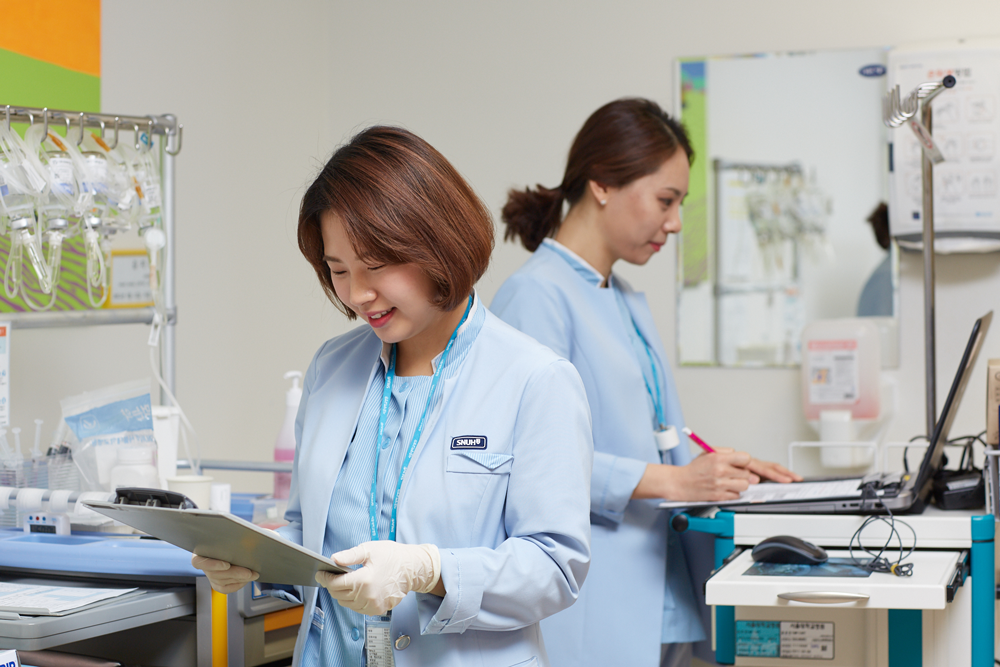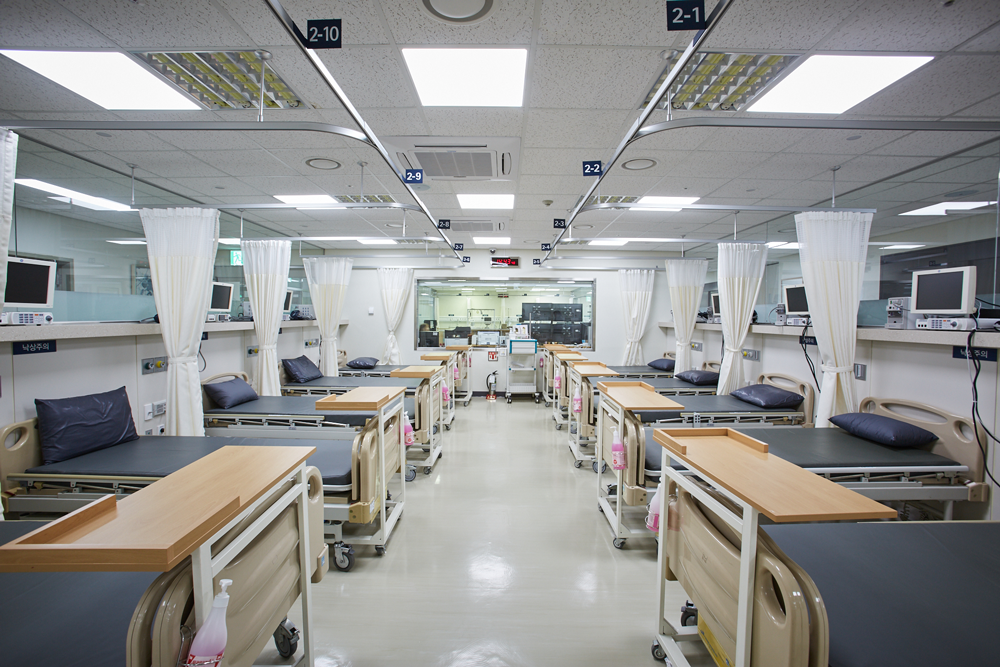Understanding the clinical Trials

- Clinical Trials
- Understanding the clinical Trials
When it comes to a clinical trial, the public often recalls the term ‘maruta,’ which is negatively perceived from World War II in association with various human clinical trials in history.
However, clinical trials today are well grounded in scientific evidence. Moreover, educated investigators and staff carefully conduct clinical trials in an ethical, systematic and gradual way.
New drug development contributes to better health in humans. One of popular misconceptions is that clinical trials are conducted in developing countries; yet, statistics shows that 50% of clinical trials take place in the United States, 30% in Europe (Germany, Britain, France, Netherlands, etc.), and the remaining 20% in most developed countries such as Japan.
In general, the goal of clinical trials is to promote health and broaden the knowledge of medicine and the human body.
Thus, the service provided by participants and investigators is to achieve these goals.
It could be possible that during a clinical trial healthy volunteers and patient volunteers might be exposed to risk in health or other aspects of life.
In order to avoid wrongdoings that have occurred in the past, we conduct clinical trials in an ethical and scientific way throughout the entire process.
Accordingly, all efforts ensure protection of volunteers and integrity of scientific development.
Furthermore, all subjects participating in clinical trials have a right to know about the purpose of the clinical trials as well as potential risks and benefits.
If damage or injury occurs, volunteers can ask the investigator of the trials for damage compensation or treatment. Currently in Korea, clinical trials should be approved by the Institutional Review Board (IRB, Institutional Review Board) to ensure potential benefits as well as minimized accompanying risks for a volunteer. A subject and his right can be protected through this system.
Therefore, a clinical trial is neither unethical nor risky, but rather indispensable and essential to scientific advances in drug development and humankind.













